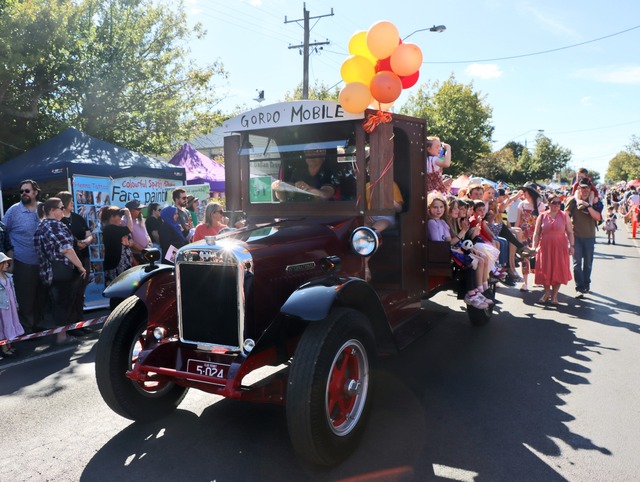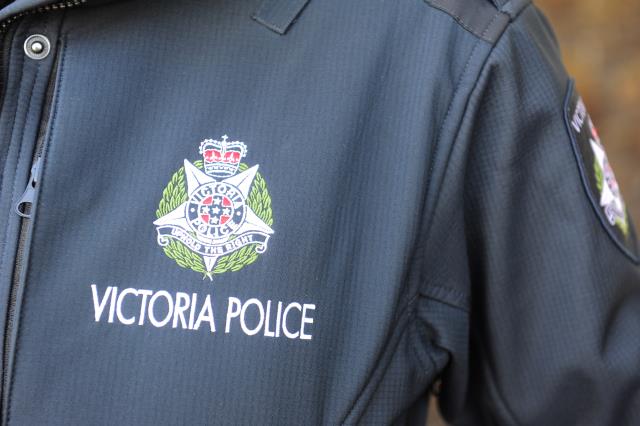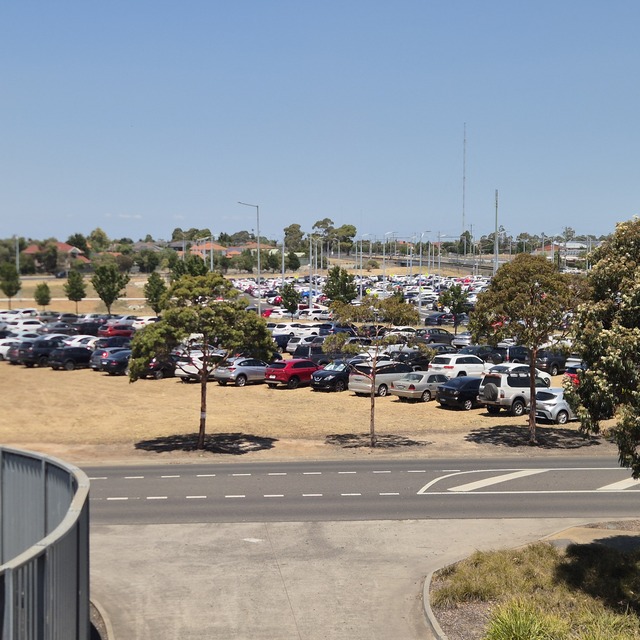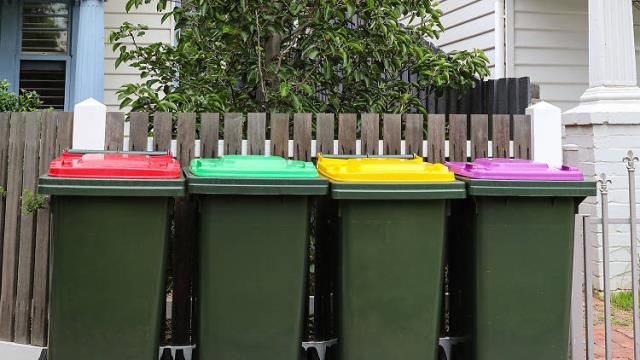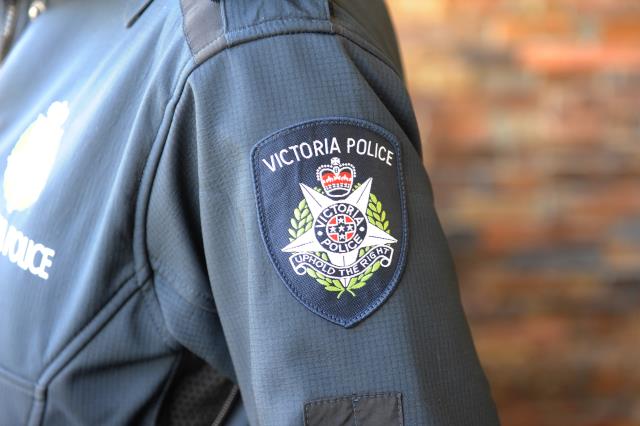The state government has agreed to pay its fair share in funding school crossing supervisors just days after Melton council announced it could be forced to review the number of existing supervised crossings in the municipality.
Roads Minister Luke Donnellan announced on Friday the state government would commit to a 50-50 funding between states and councils from July next year.
Melton councillors had unanimously agreed at last week’s council meeting to press the state government for a return to the 50-50 split of funding school crossing supervisors and to publicise the “significant inequity” that exists in funding the service.
Council spent almost $1 million in the last budget to fund the service that was first introduced in 1975 with an agreement the state would fund 66 per cent and councils 33 per cent.
The funding split was changed to 50-50 in 1993.
But Melton council chief executive Kel Tori said the council had been picking up the bulk of the tab for the past several years, receiving only 15 per cent of state government funding.
There are 83 school crossing supervisors across the municipality, but as the number of crossing supervisors at public schools has increased, the proportion of state government funding continued to decrease.
Before the announcement, Mr Tori said the increasing pressure had an unfair impact on the community.
“The [financial] risk [of the current model] is that the school crossing supervisor service will become unsustainable in the future,” he said.
Municipal Association Victoria interim president Coral Ross said the rate-capped environment had imposed significant budget constraints on councils and that ratepayers should not be required to fund the shortfall that had been shifted by the state government.
“Local government has been caught in a catch for 22 years – increase rates to keep funding this important service as state funding diminishes, or face misdirected community anger if services are cut,” Cr Ross said.
Mr Donnellan said a return to a 50-50 funding model would help keep children safe, after some councils across the state threatened to withdraw their funding for the service.
“Children are some of our most vulnerable road users and we’re making it safe for them when travelling to and from school,” he said.





